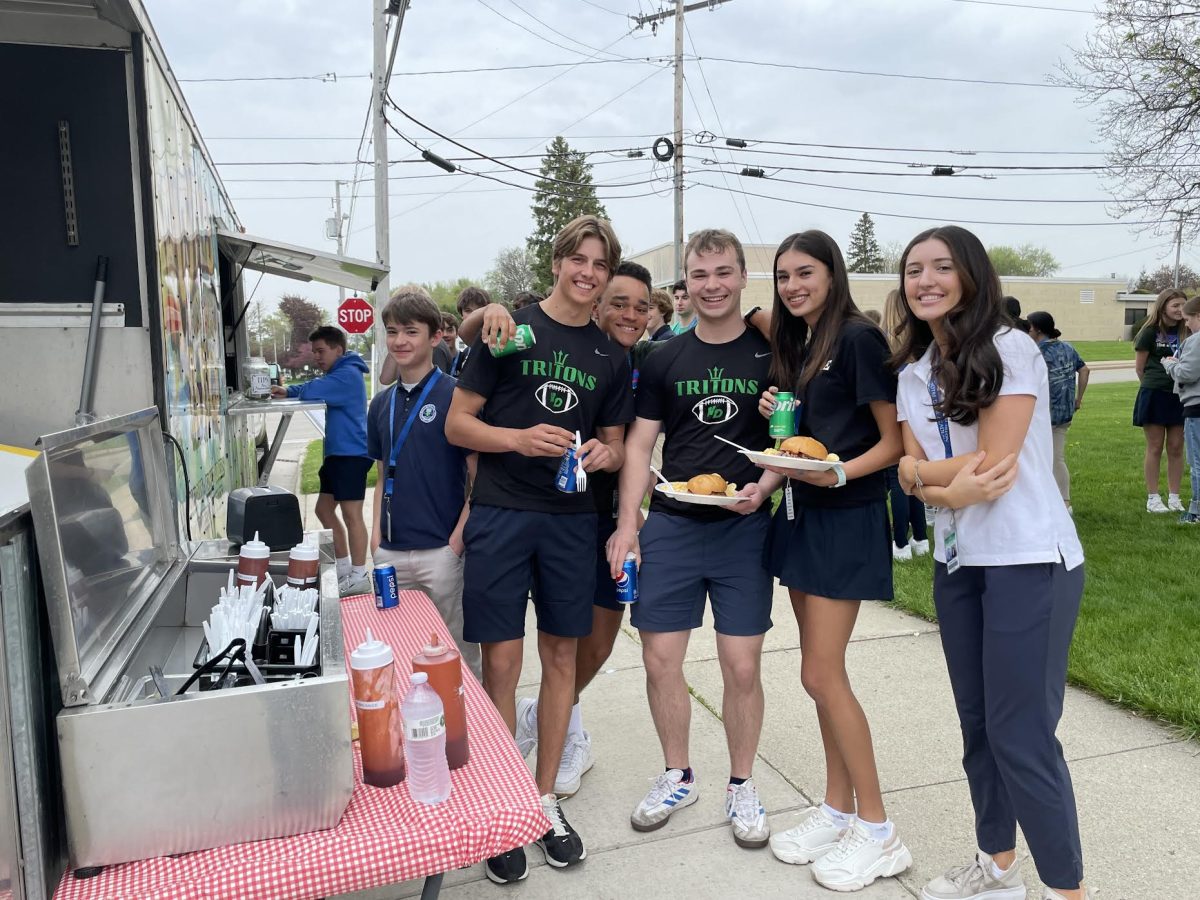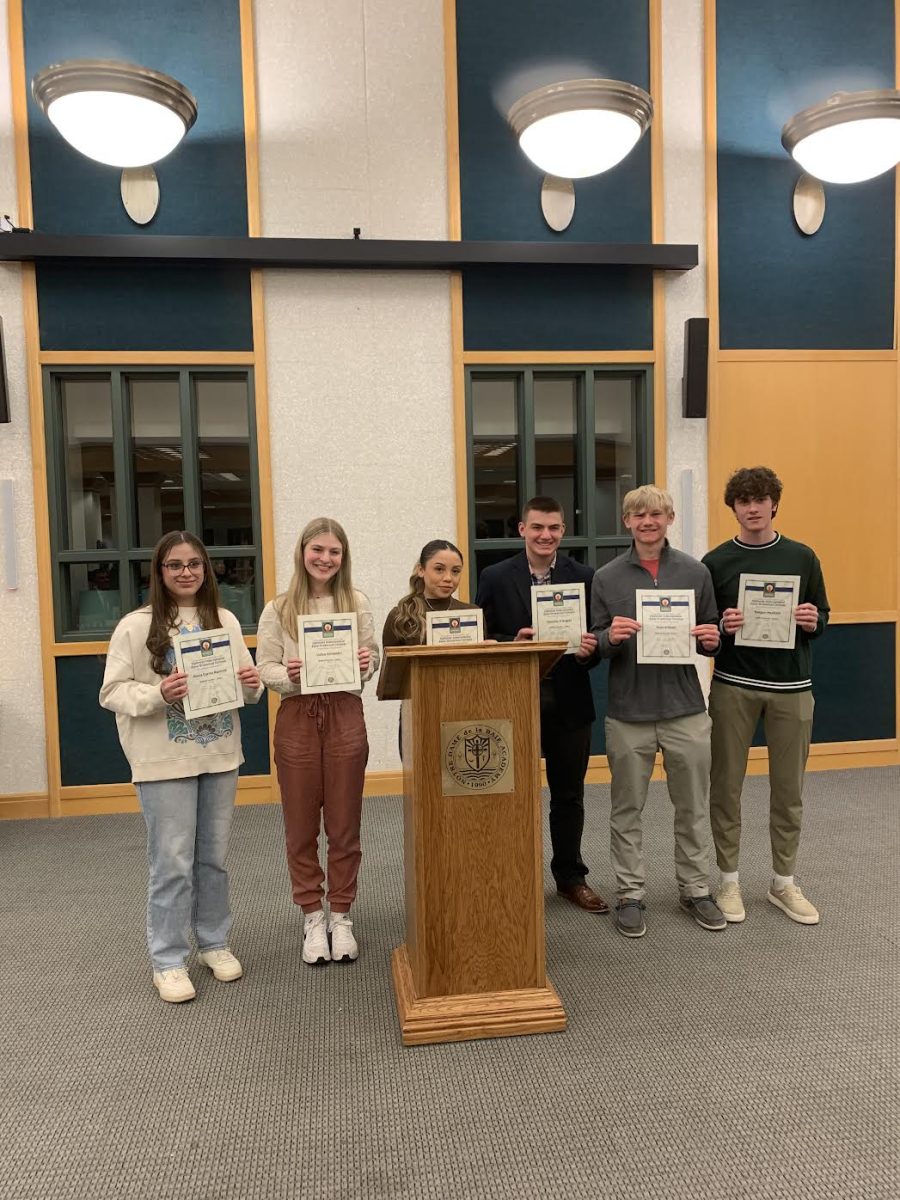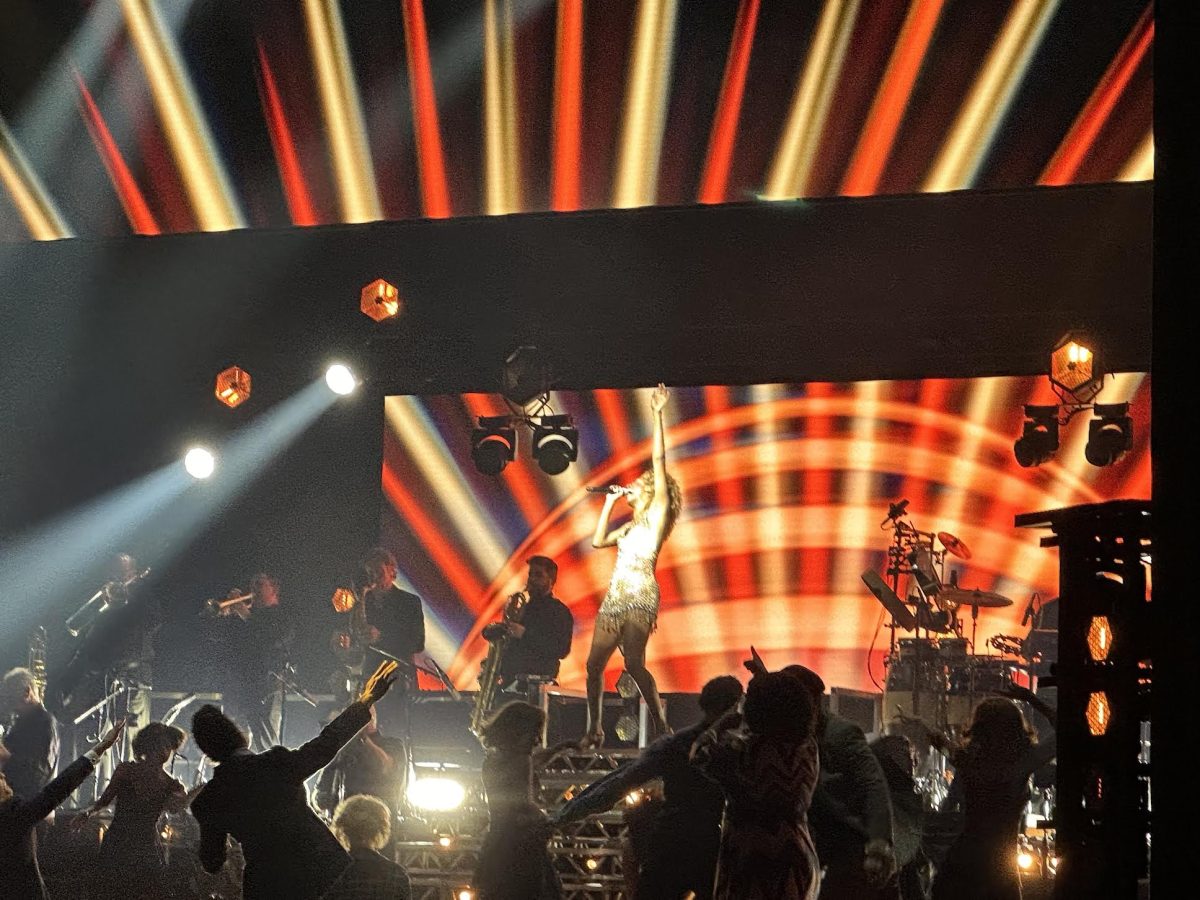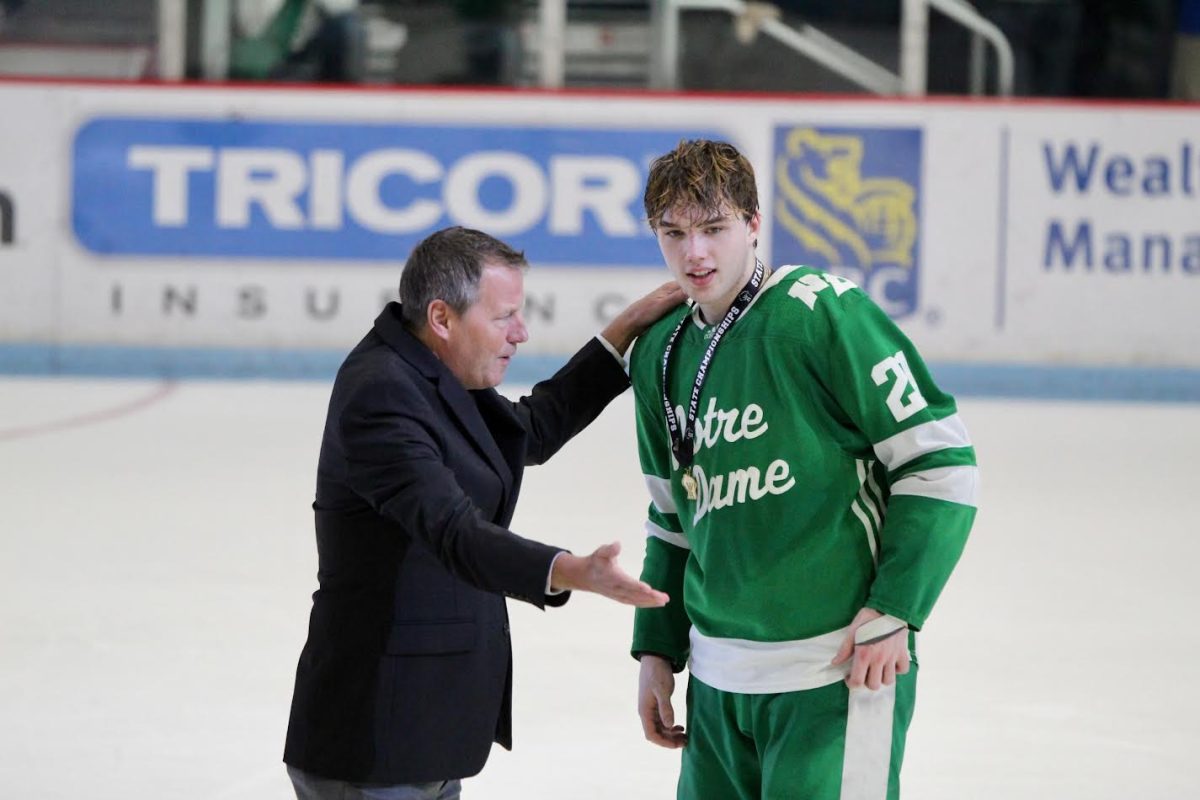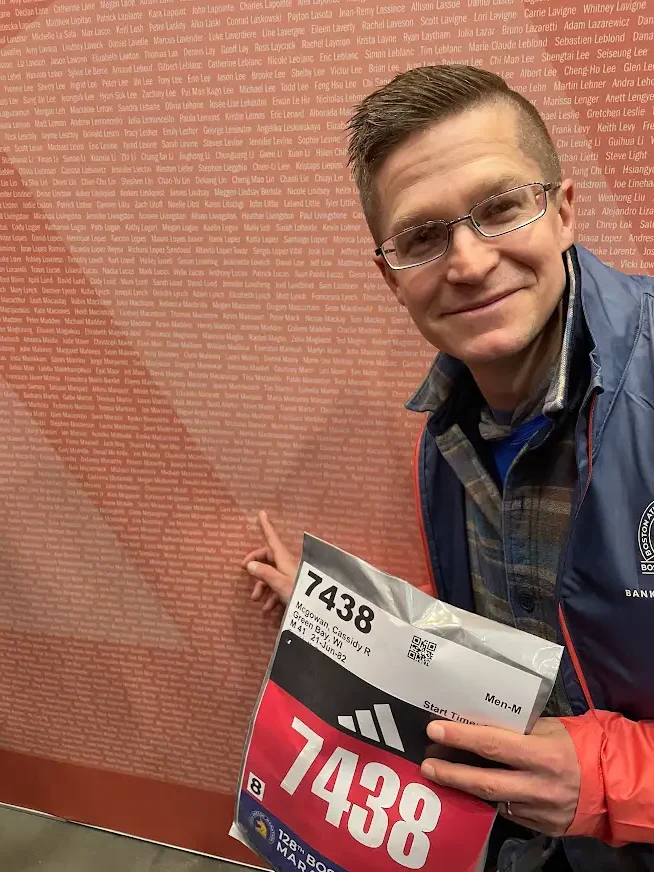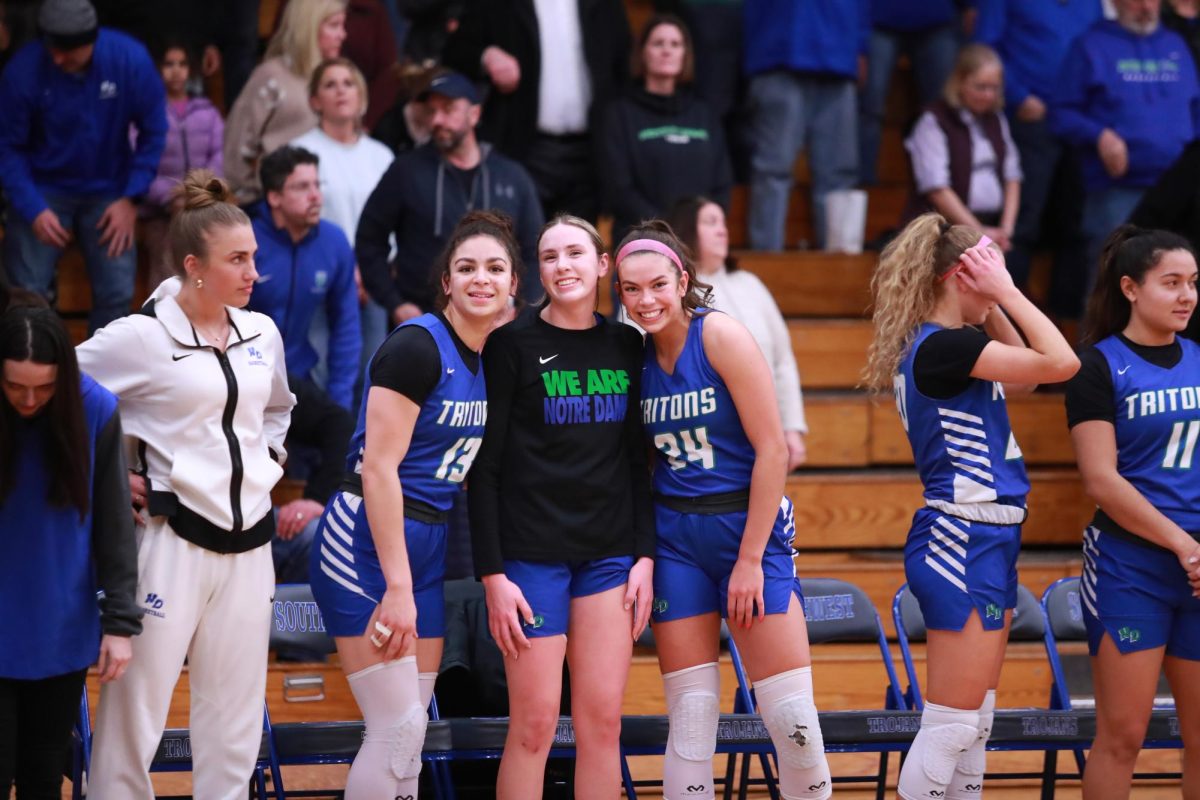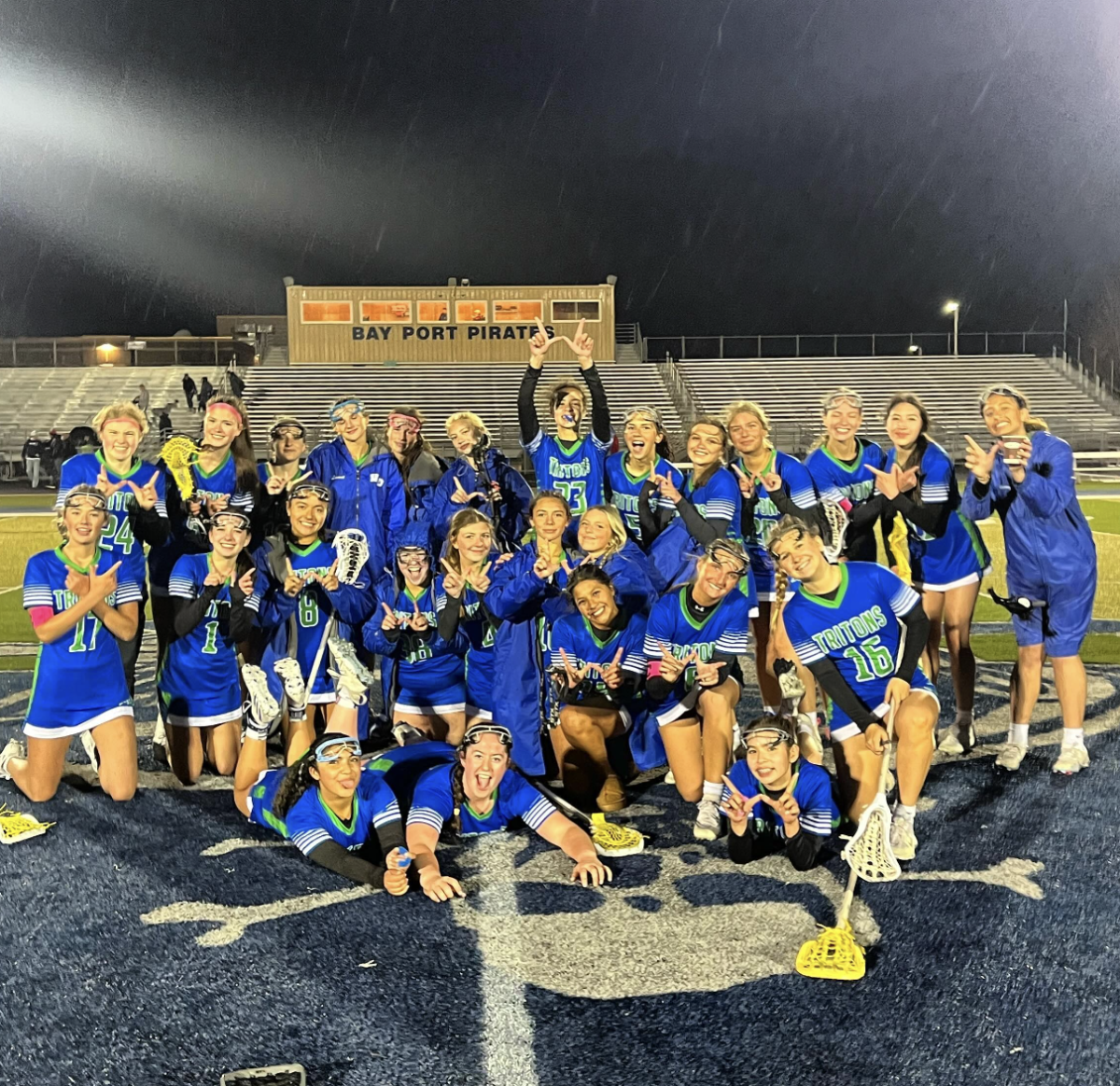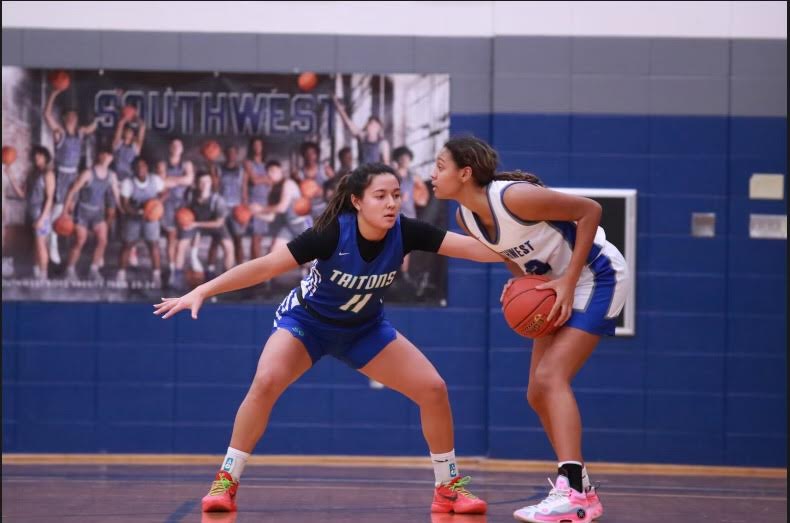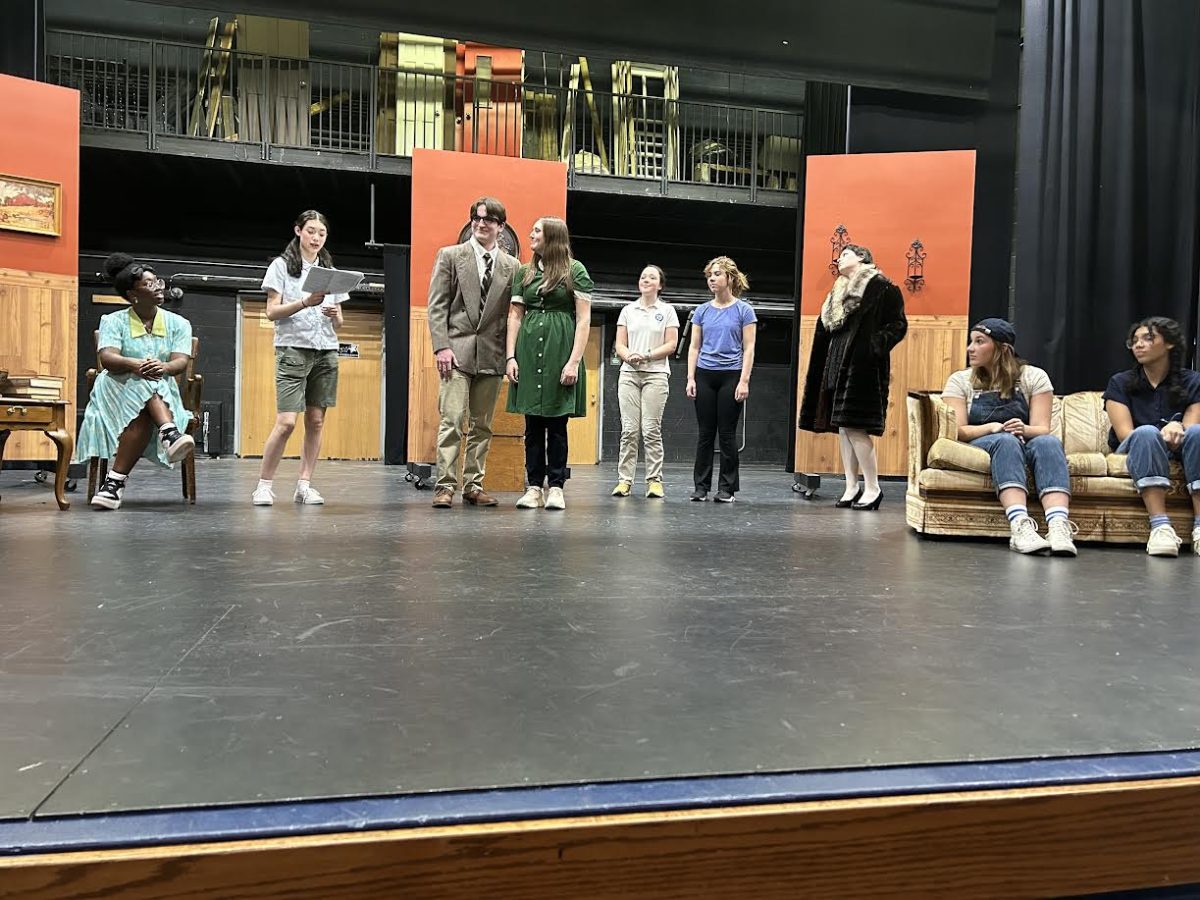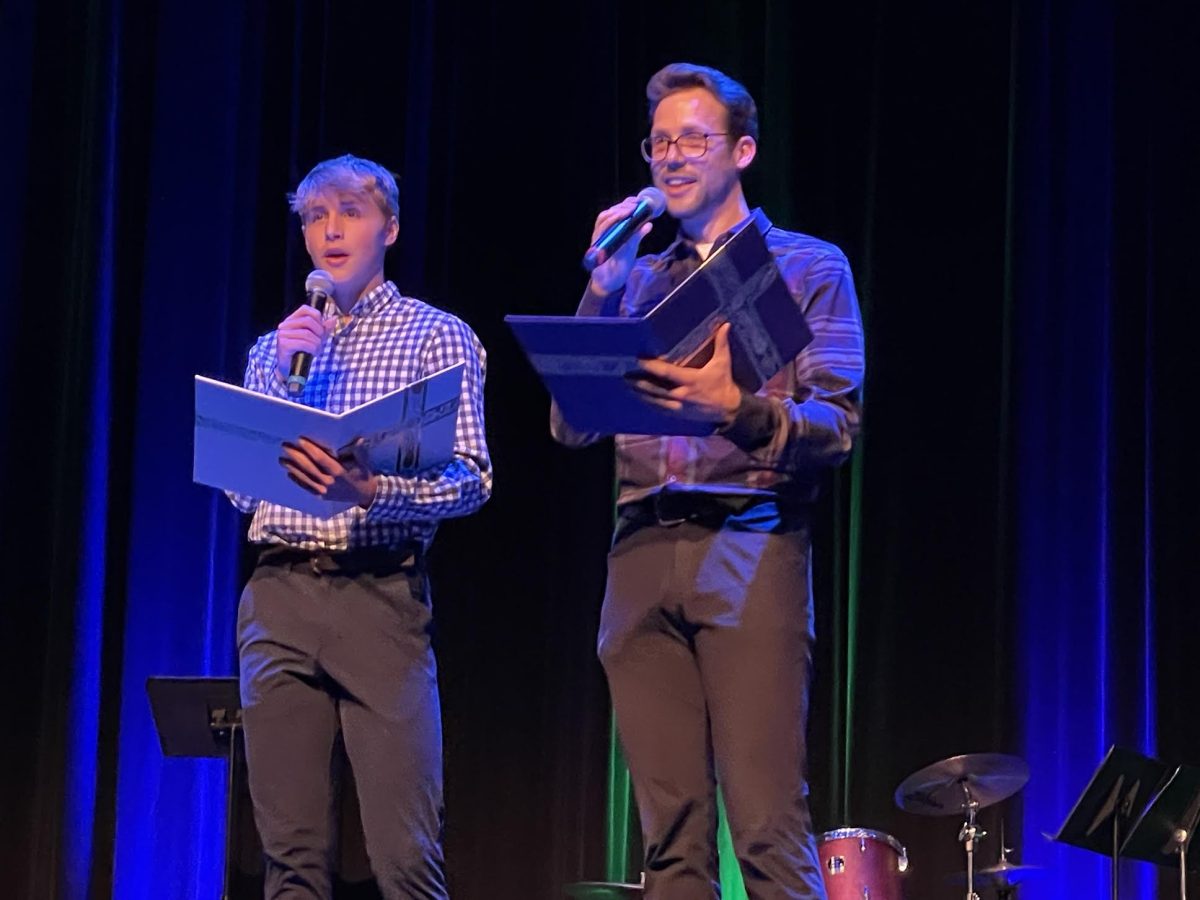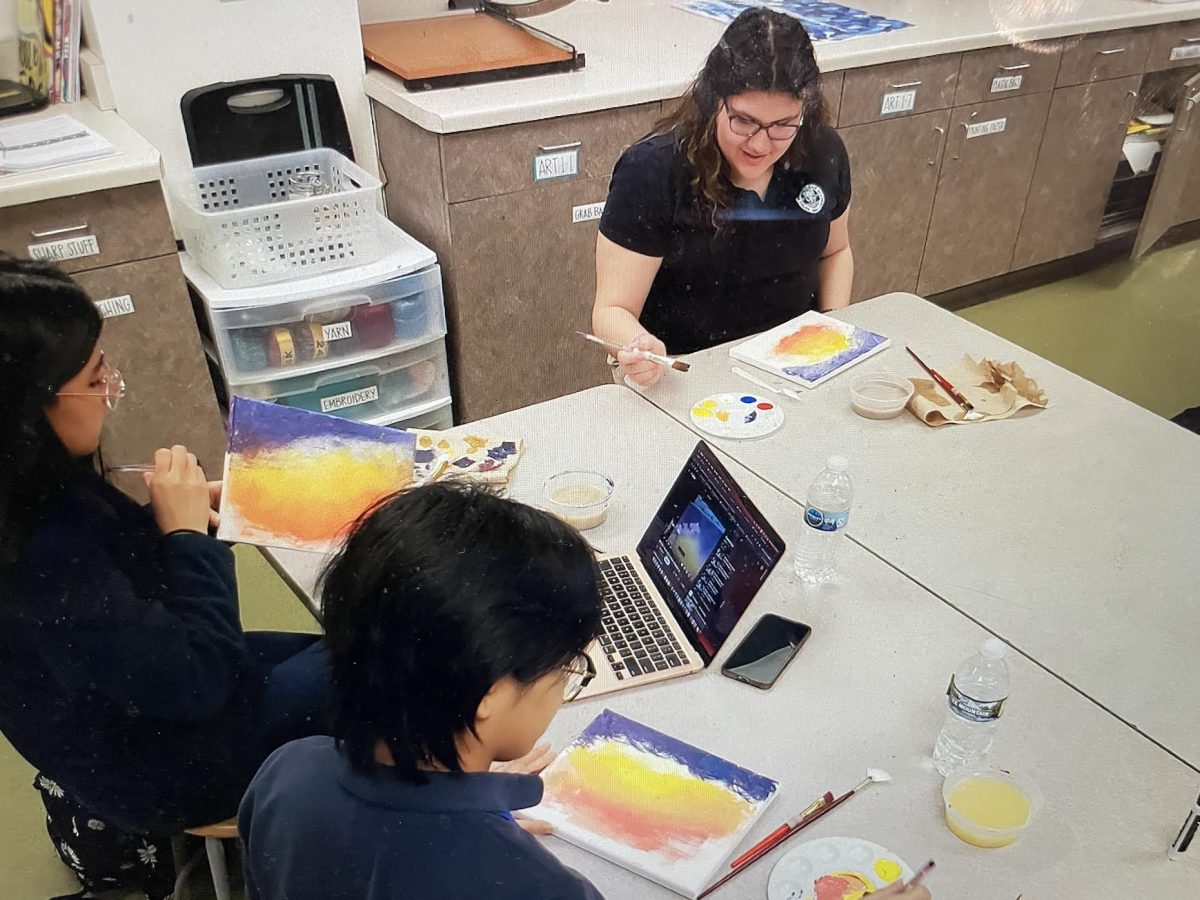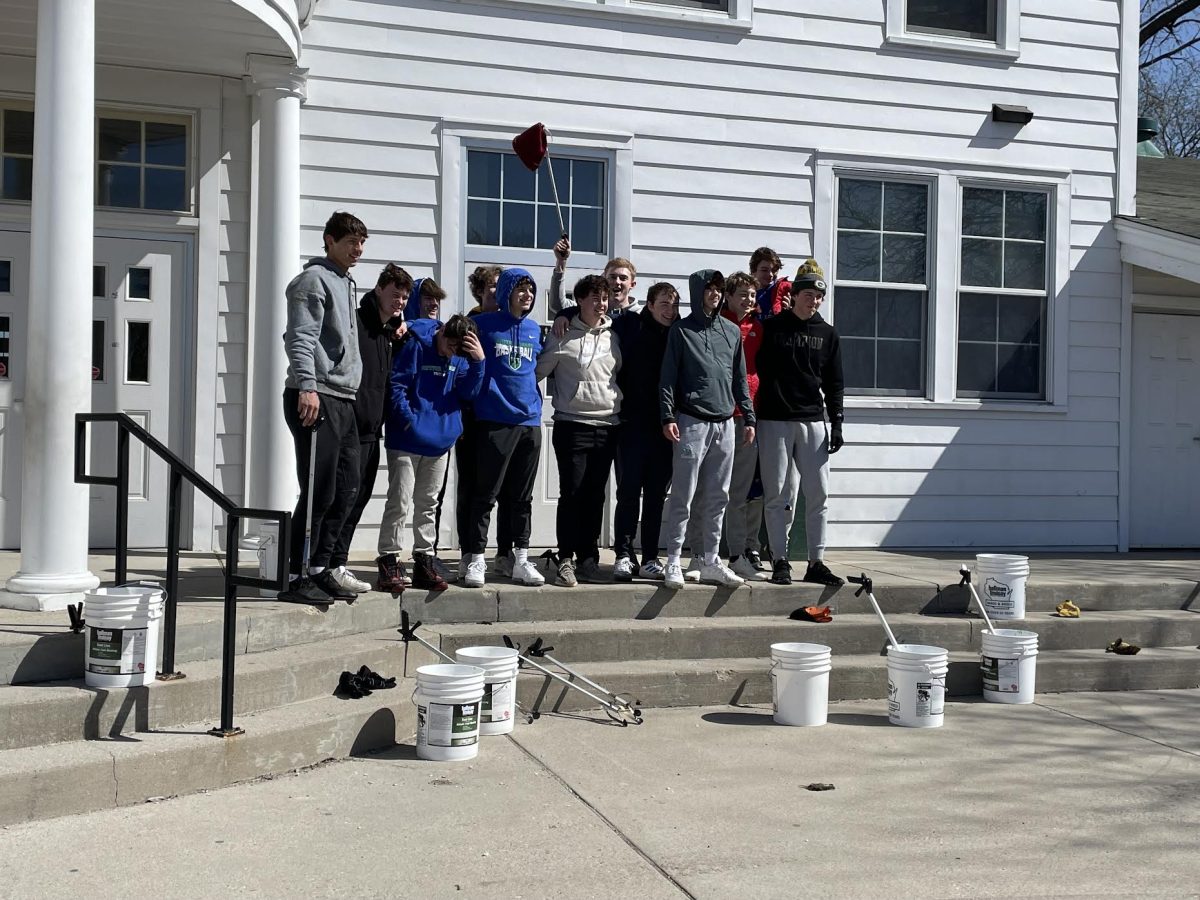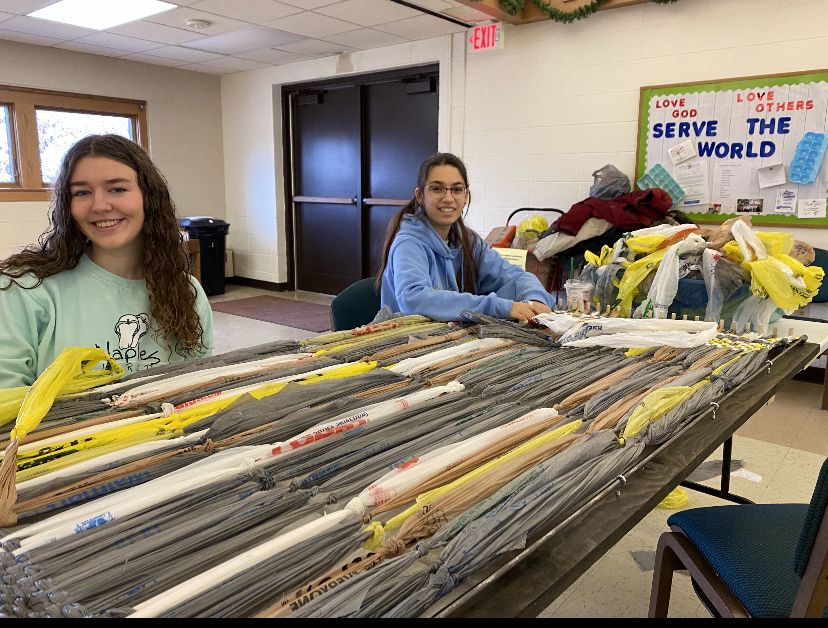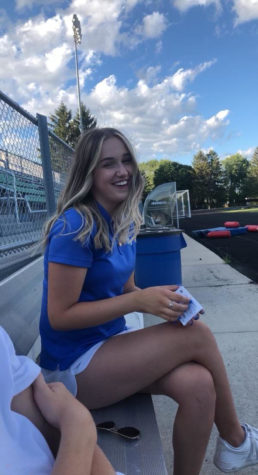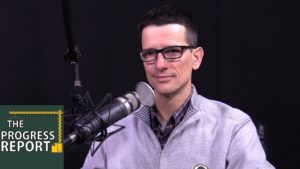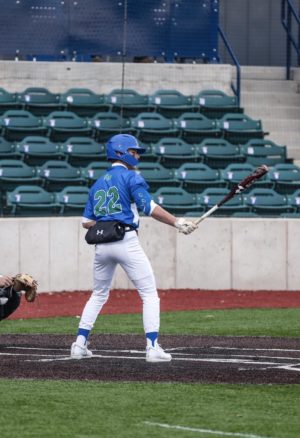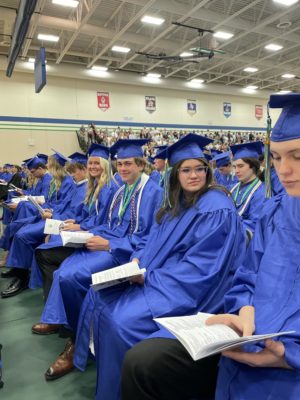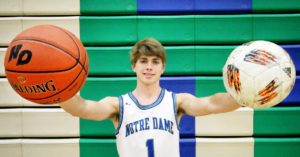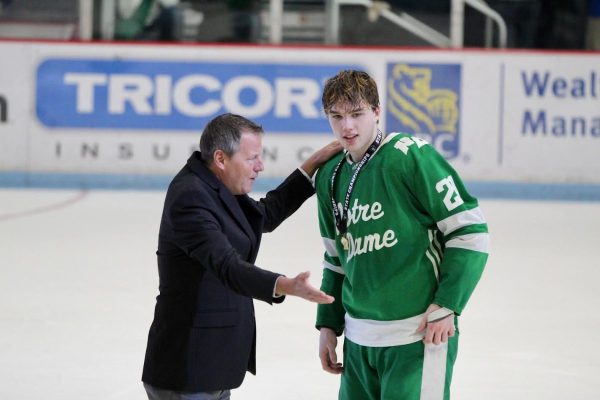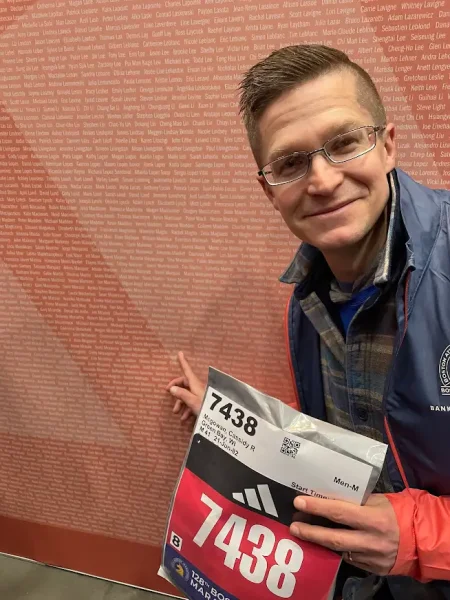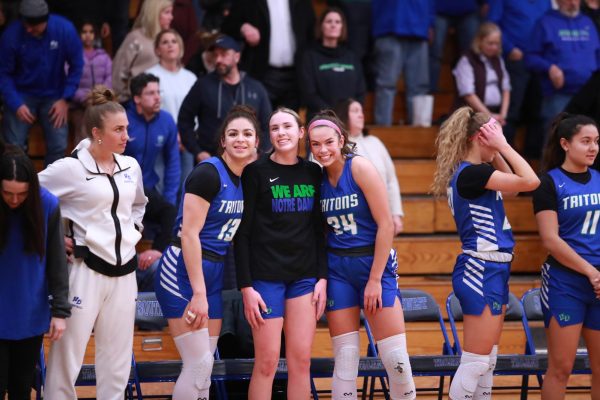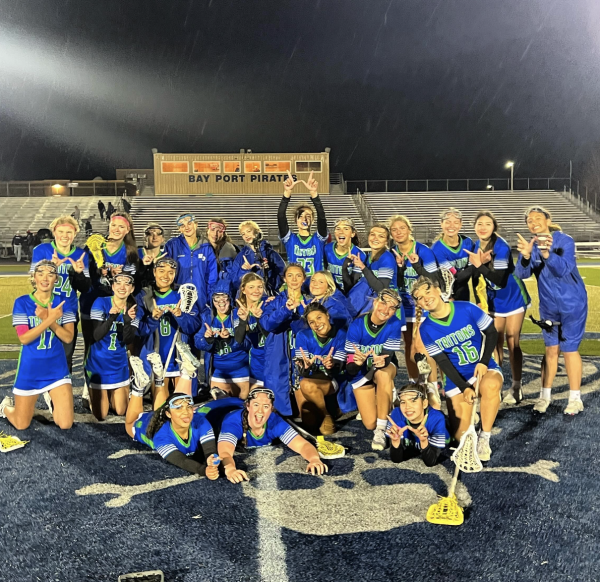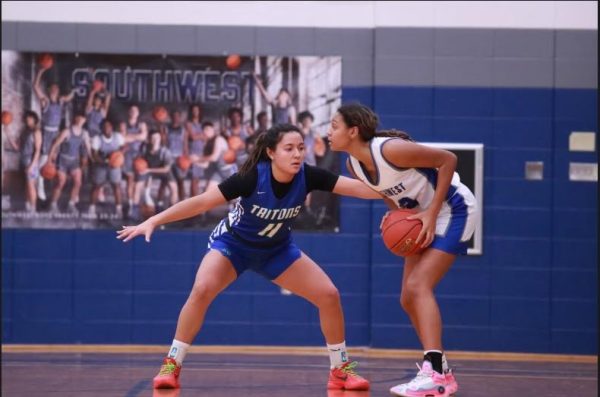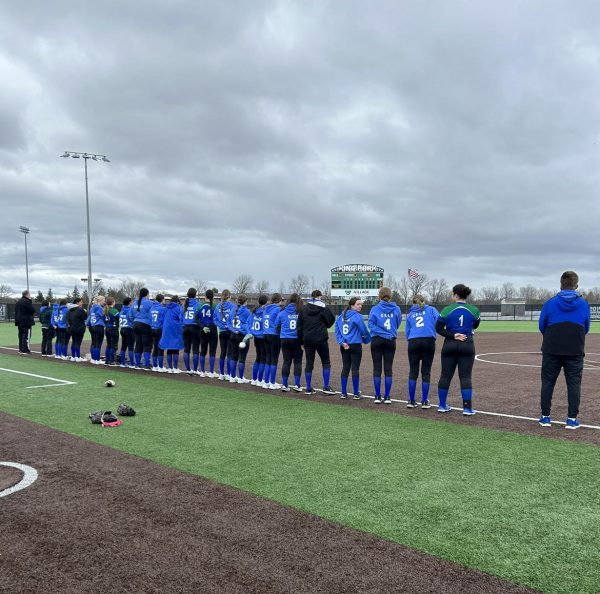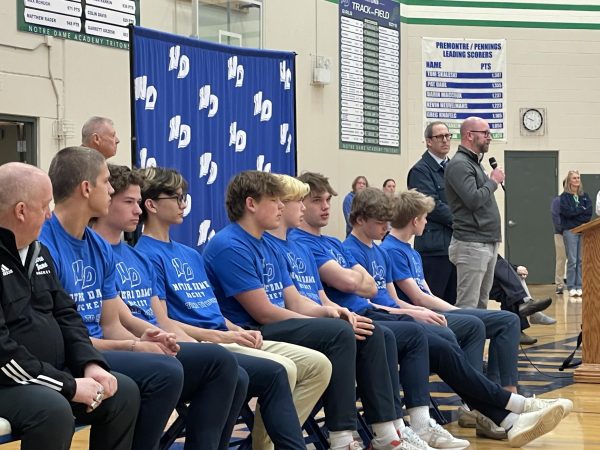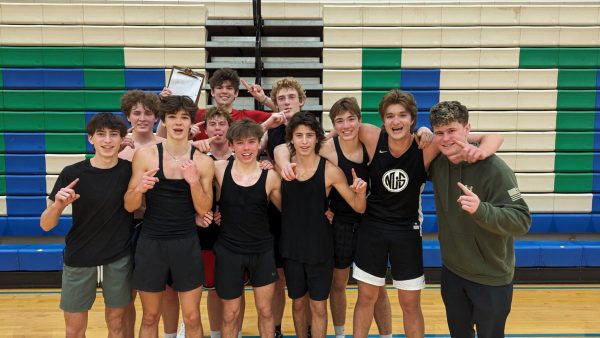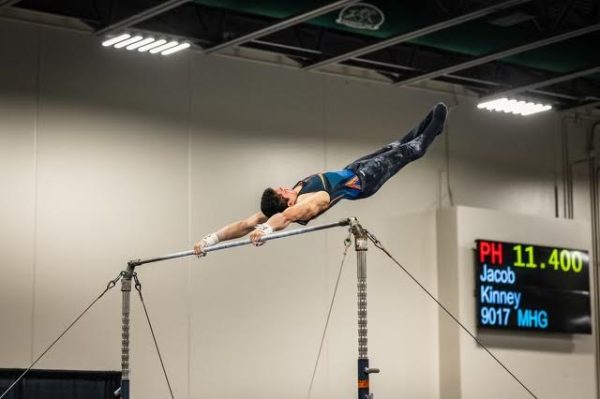Athletic Trainer from Finland Notes Differences in U.S.-Finnish Culture, Weather
October 4, 2022
Paula Tattari, a Finland native, is a student athletic trainer from UW-Green Bay.
Tattari will be at Notre Dame Academy until the end of October and then will work at UW-GB athletics until the end of the semester.
Tattari came to the U.S. because she received an offer from the University of Mobile in Alabama to play basketball.
Tattari describes the US as “a melting pot of cultures.”
Coming to the Midwest, Tattari thinks that a lot of Scandinavian immigrants made their way over here.
On the other hand, she said, “Going to Alabama from Finland was a huge culture shock.”
She used to be confused when someone would pass her and say “Hi, how are you” as a type of greeting and then keep walking before she got the chance to answer.
“Finnish people are fairly stoic and people of few words. I wish Americans would be aware of how not showing as much emotion or talking less isn’t rude,” said Tattari.
The student athletic trainer grew up in a Lutheran home, and both of her godparents are retired pastors.
“Church wasn’t a big part of my life as it was in a Southern Baptist school in the South,” said Tattari.
The holidays are beautiful in Finland, explained Tattari. “There is lots of snow, the Northern Lights, and people can visit Santa in Rovaniemi, which is where he is from, not the North Pole silliness,”
On the flip side with summer, there are thousands of lakes. In June the sun doesn’t set or will only set for a few hours.
“We’re talking full daylight at 5 a.m.. It’s called the Nightless Night, which is a poor translation on my part,” she said.
“Originally what piqued my interest in the U.S. was the chance of playing basketball in college. College athletics are not really a thing in Finland, so it wouldn’t have been an option,” said Tattari.
At the age of 11, one of her coaches mentioned college athletics to her. This prompted her to start watching the NCAA and deciding she wanted to be like Maya Moore.
In the future, Tattari hopes to work as an athletic trainer, obviously. She would also love to keep coaching basketball and get her PhD in sports, exercise and psychology.
“That way I can do research on how to improve mental health/mental illness literacy and wellbeing with high school and college-aged student athletes,” she explained.
In Finland, athletic training is not recognized as a profession.
“In high school I knew I wanted to work with athletes, but I didn’t know there was an actual job that would allow me to do that,” she said.
She learned more about the profession when she attended the University of Mobile since she was injured a lot and spent lots of time in the athletic training room.
“Part of it definitely is how I want to make sure young athletes don’t have to deal with the same issues and problems I had to deal with,” said Tattari.

